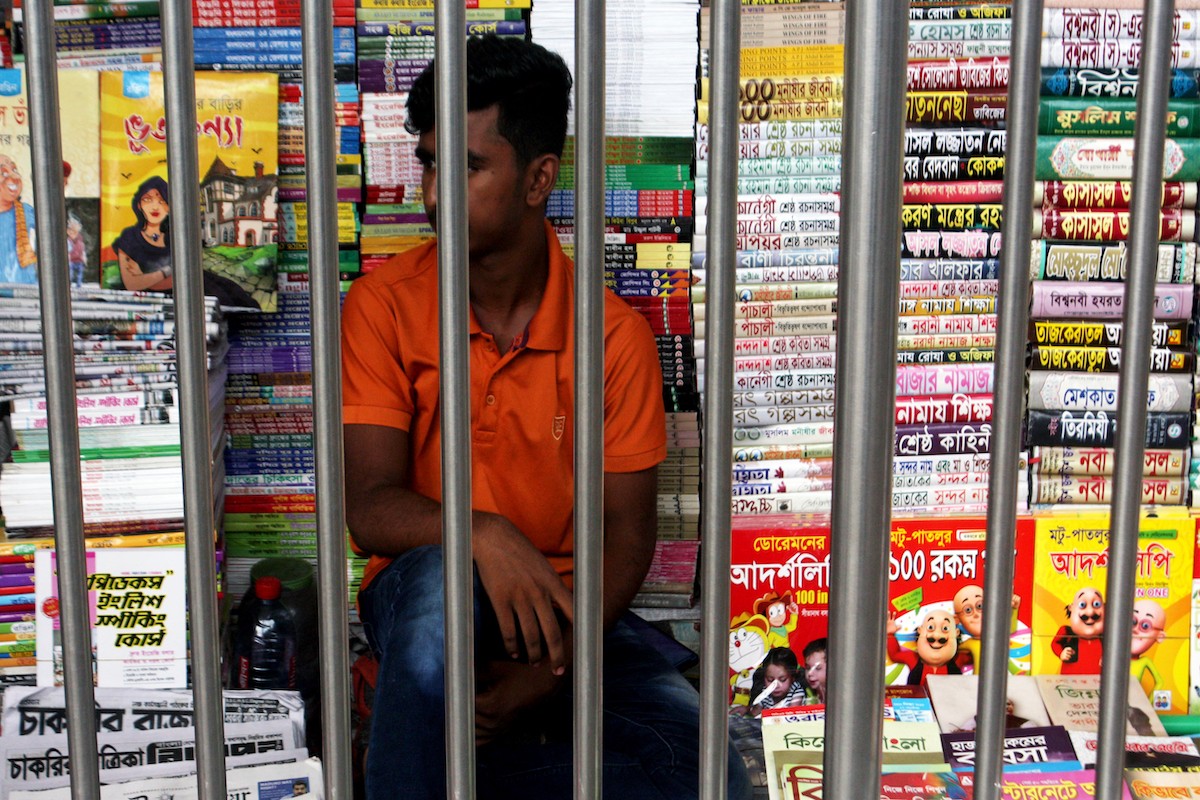Human Rights Watch (HRW) has called on Bangladeshi authorities to release a leading publisher and singer arrested under a controversial law critics say is intended to stifle free speech.
According to HRW, publisher Nur Mohammad and Sufi singer Shariat Sarker fell afoul of the country’s controversial Digital Security Act (DSA) for criticizing the ruling Bangladesh Awami League and religious leaders, respectively.
“The government has the responsibility to protect the right to speech and expression, not use its internet laws as an excuse to go after singers who criticize clerics or anyone who criticizes the prime minister or her family,” said Brad Adams, HRW’s Asia director. “The ruling Awami League should not be silencing its critics.”
Mohammad, the owner of Guardian Publications, was arrested on Feb. 10 for associating with a Phd student who allegedly spread “fake news and propaganda” about Prime Minister Sheikh Hasina Wazed and her son Sajeeb Wazed via a series of fake news portals he allegedly ran.
Mohammed is also potentially facing life in prison under the DSA for publishing content that tarnishes “the image of the nation.”
He is further facing 10 years imprisonment for publishing or broadcasting content that “destroys communal harmony” or “threatens to “deteriorate law and order,” as well as digital fraud and forgery.
Meanwhile, Sarker was locked up in January for “hurting religious sentiments” after criticizing Muslim clerics opposed to singing, claiming they had misinterpreted the Quaran.
“Our great Prophet Muhammad was an ardent fan of music and went to sleep at night after listening to music,” she reportedly said, sparking the case against her.
While Prime Minister Wazed said that Sarker “must have committed a crime”, on Feb. 12 the country’s High Court issued a notice asking authorities why the singer had not been released on bail.
A number of rights groups, national and international bodies have called on Bangladesh to bring its laws into line with its commitments under international law.
HRW says the terms of the Digital Security Act “are so vague and broad … authorities can essentially arrest critics at will, effectively chilling free speech.”
The New York-based group called on the Bangladeshi prime minister to uphold “the democratic principles of free speech.”
“People can be criticized or countered if their speech is offensive, but the state should not be locking up people simply because they said something the police decided is unpleasant,” Adams said.







